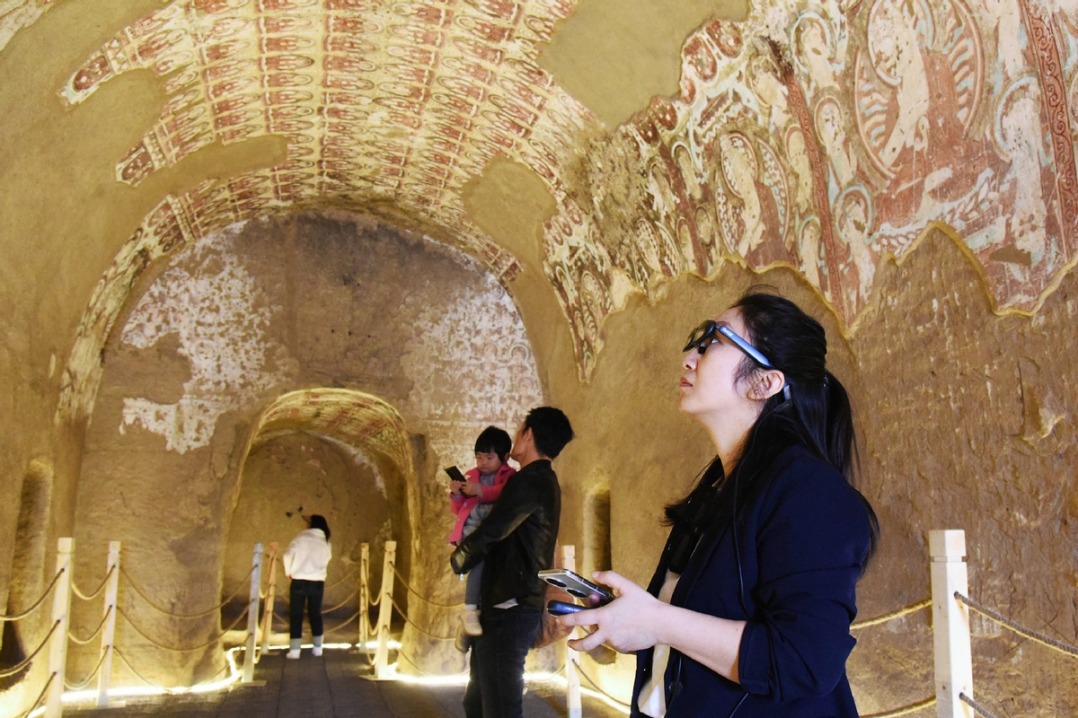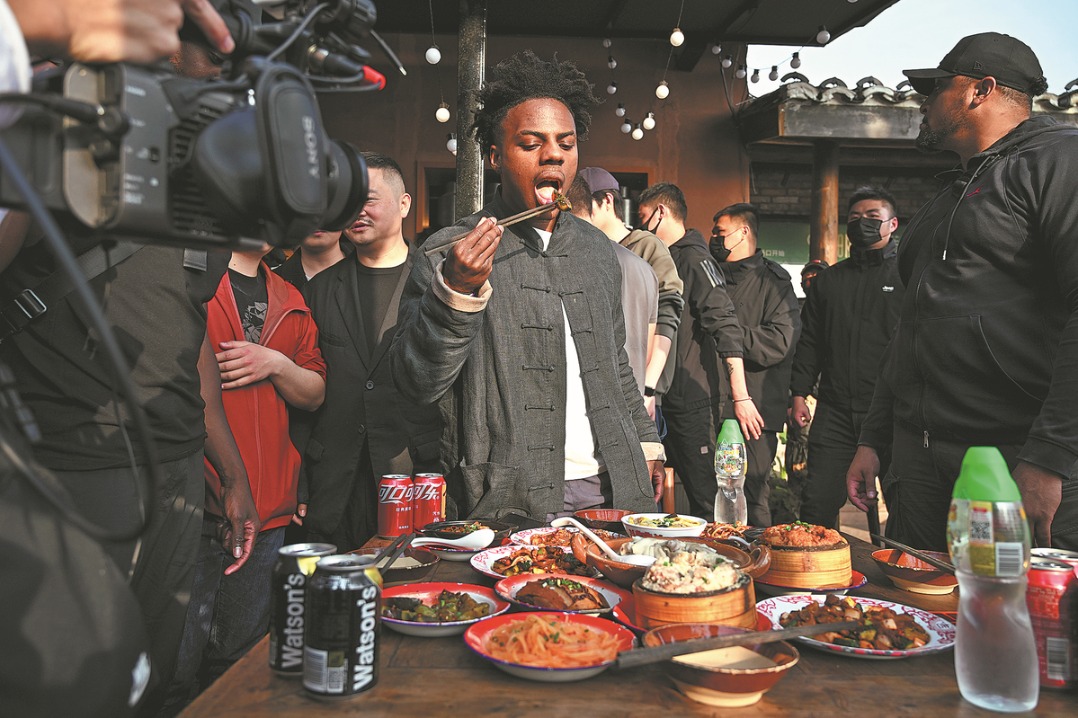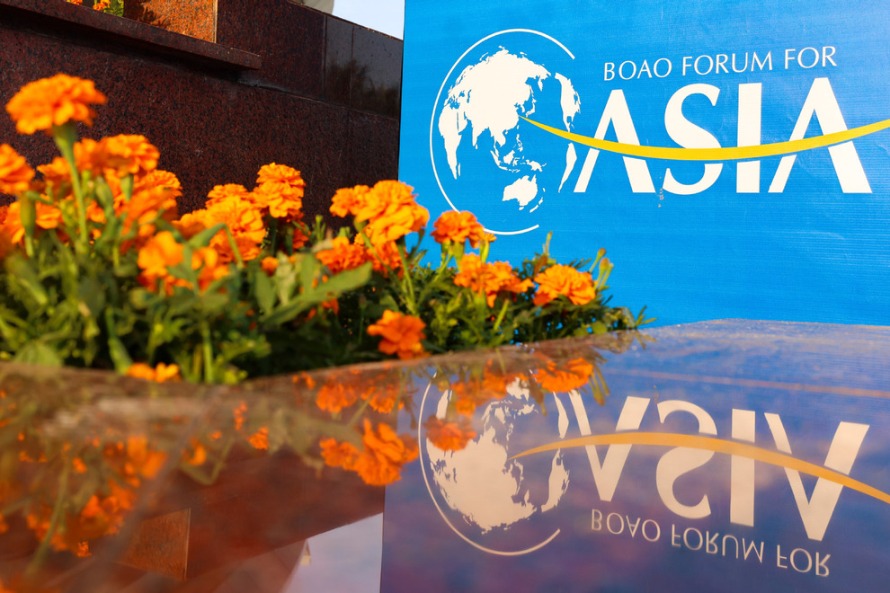Courtesy is all a matter of perspective
China Daily USA | Updated: 2017-12-22 17:11
Jia Wang, associate professor of human resource development at Texas A&M University, knows about manners and cross-cultural comparisons.
She's been studying incivility in workplaces and academia for years, and things aren't getting any better.
"Over the years," she said, "a lot of the courtesies, formalities, some of them common sense, are just gone."
The sad part for the academic environment, she said, is that it's so vested in social justice. "I tell my students I am sick and tired of this social justice because somebody's justice is somebody else's injustice."
Everyone has become afraid to hold people accountable for their behavior, she said, having just come from a mediation meeting over a grievance one of her students filed against her for giving too low a grade.
"I was raised in China where not everybody can be the best," she said. She's raising her son in the US, where everybody is the best and you get a trophy for everything you've done, win or lose.
Her students, all graduate level, tend to be professional executives well along in their HR careers.
"It was amazing to me how many of them cannot handle the truth," she said, especially when she told them that some were better than others. Who do you think you are? she's heard more than once after a critique.
Civility, she has learned, boils down to the small, everyday things that build up.
Growing up in China, her father was in the air force and her mother worked for the government in HR. She started going to boarding schools at an early age and learned how to make decisions for herself.
"The Chinese culture, we are non-confrontational, we are very subtle, we don't criticize, we're very relationship-based," Wang said. Two or three nights a week there would be a knock at the door during dinner - someone bearing gifts asking her mother for a favor.
"You grow up in an environment where favoritism was very important," she said. "You want somebody to help you to get a job, to transfer your spouse to another province."
Her mother told her she could train her to be a good HR person, but she realized that way of doing business was not for her.
When she was 10, her father told her something that has remained with her to this day. "Jia," he said, "I want you to know, if one day I don't make general, it may not be because daddy's not capable, but there may be some values your dad will not compromise."
She views issues of manners and respect through the prism of culture.
"In China we have a high tolerance of incivility, partially because of hierarchical relationships," she said. "If my boss abuses me, I don't even think that's called abuse, it's just respecting for authority. Here it's different."
Civility begins with awareness. "A lot of times we don't even know some behavior is disrespectful. We have to teach people what that means."
We all talk the talk, but few walk the walk, she said.
People have also lost the courage to be confrontational in a positive way. "I call myself a professional troublemaker," she said, "because I will not compromise certain standards."
Sometimes it seems to her like civilization is going backwards. "Nowadays we actually have to teach kids, going to work you actually need to tuck your shirt in, when you go to an interview you actuakly have to wear a decent shirt, you can't just go in wearing flip flops and pajamas without combing your hair."
What was common sense decades ago has to be taught now.
She's found two or three big differences between China and the US when it comes to this issue. One is privacy, the private space, this is my family weekend. It took her a while to understand that concept.
"In China there is no privacy," she said, people can knock at your door anytime of the day or night. Also in China there are so many people. Everywhere you go you are shoulder to shoulder.
"There's no physical space, it's actually quite intimate."
Contact the writer at chrisdavis@chinadailyusa.com
























